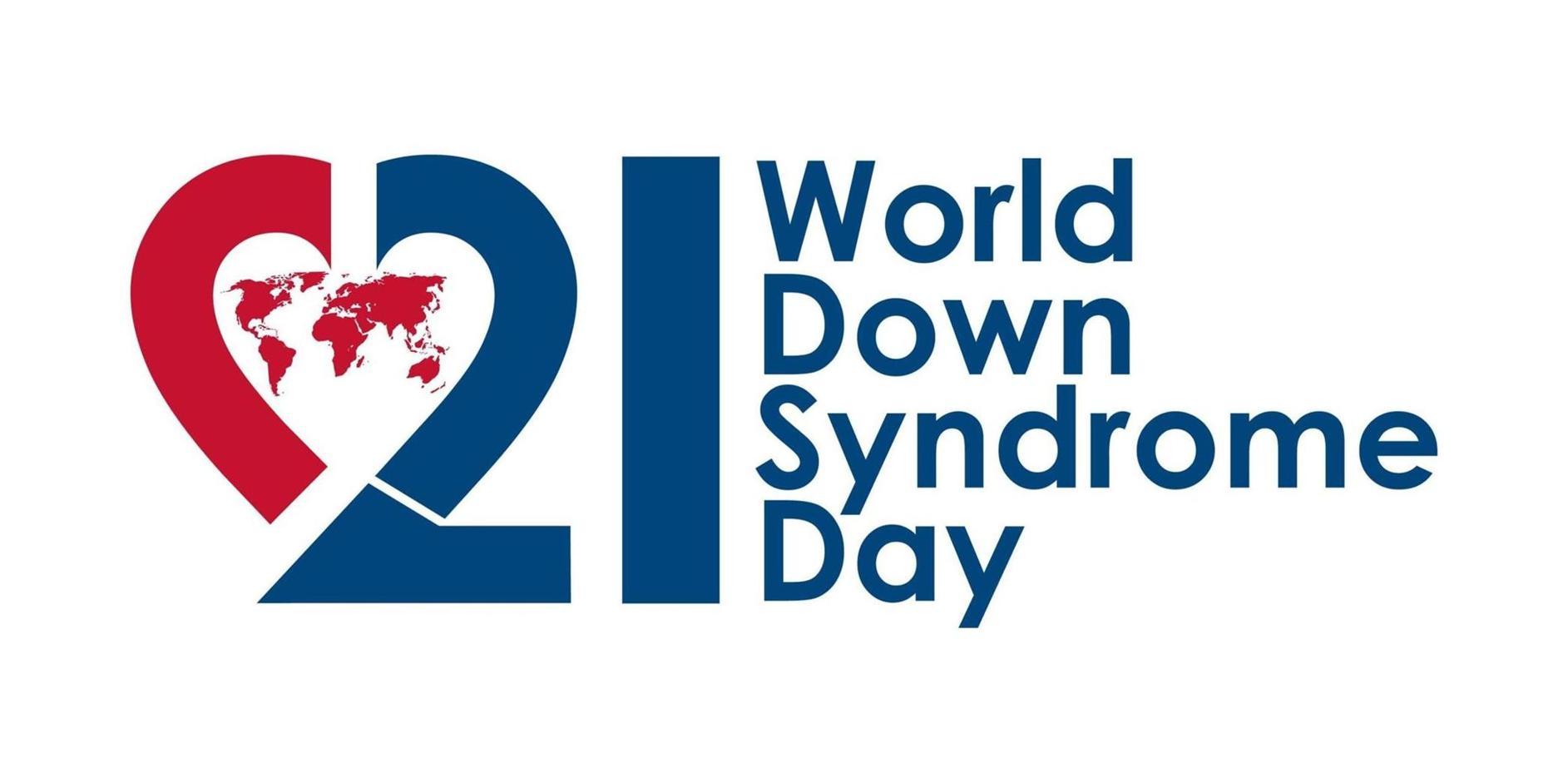Africa-Press – Botswana. Support to the disability fraternity is not sole responsibility of government, but calls for all stakeholders to have purpose in their hearts to embrace persons with disabilities, include them in their agendas and make services accessible to everyone.
Chief Disability Officer at the Office of the President, Ms Thapelo Moalusi said this at the Commemoration of the World Down Syndrome Awareness day in Palapye on Saturday, an event that was dedicated to raising awareness and celebrating inclusivity.
The day is observed on March 21 to symbolise the triplication of the chromosome, which causes down syndrome.
Ms Moalusi said her office continued to mainstream disability in all sectors including communities and private sector to ensure that organisations took cognisance that amongst their clientele were persons with disabilities.
“They also need services and they too offer services. It is the duty of every sector therefore, to inform the public on their services to persons with disabilities,’’ she said.
She said in a quest to provide services to persons with disabilities, government continued to support organisations of persons with disabilities financially and technically through Botswana Council for the Disabled, which Down Syndrome Association was a member of.
The theme for the commemoration: Improve Our Support System, Ms Moalusi said, called for concerted efforts by all stakeholders to introspect on how they could improve their systems in support of persons with disabilities.
She said government through various sectors mainstreamed disability into their mandates and obligations.
Ms Moalusi said in the inspiration to uphold the rights of persons with disabilities, support them to achieve in life and create a conducive environment for them to grow, Botswana was a state party to the Convention on the Rights of Persons with Disabilities.
She explained that this was a global instrument whose major objective was to promote, protect and ensure full enjoyment of all human rights by persons with disabilities.
She said Botswana’s Disability Act was developed to domesticate the Convention on the Rights of Persons with Disabilities and also to prohibit discrimination against persons with disabilities on the ground of their disability in all areas including the work place, accommodation, education, health in provision of goods and services as well as to abolish laws, policies and practices that constitute discrimination on the grounds of disability.
“The Act emphasise the need to create a conducive environment in the workplace for a person with disability by purposely making reasonable adjustments to accord a person with disability full participation,” she said.
She said as a means to ensure that each sector fulfilled its mandate on disability, the Act also established the National Disability Council responsible for monitoring the implementation of services to persons with disabilities. The Act gives the council powers to impose administrative charges on those who do not adhere to it.
“Stringent penalties shall be imposed on those who contravene provisions of the Act,” Ms Moalusi warned.
She, however, noted that the Act was still on notice pending a few guidelines, regulations and definition of disability.
She appealed to all to familiarise themselves with the Act.
For her part, Chief Education Officer for Palapye Region, Ms Didimalang Mmemo applauded government for coming up with the Ministry of Child Welfare and Basic Education.
She assured parents of support through the mandate of the new ministry, adding that the ministry believed that no learner should be left behind.
She said one of the priorities of the new government was to train teachers to handle diverse learners, including those living with disabilities.
She said educators need ongoing training to understand the unique learning styles and needs of children with Down Syndrome.
She said by equipping teachers with the tools and knowledge to support diverse learners, classrooms could be transformed into nurturing spaces where every child’s potential was recognised and celebrated.
Ms Mmemo said support systems extended beyond schools and homes adding that communities must come together to create inclusive environments where children with Down Syndrome could participate in extracurricular activities, engage in social interactions and develop friendships.
“By fostering inclusive sport teams, art programmes and social clubs, we can help children build confidence and a sense of belonging,” she said.
For More News And Analysis About Botswana Follow Africa-Press






